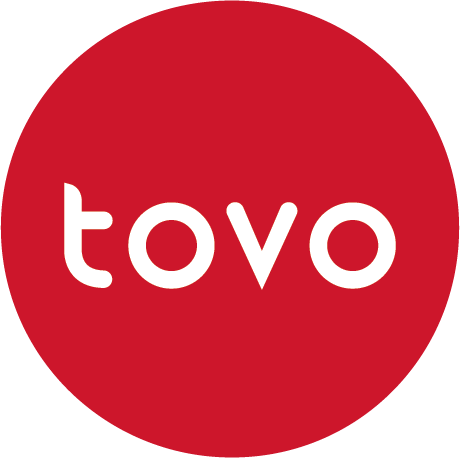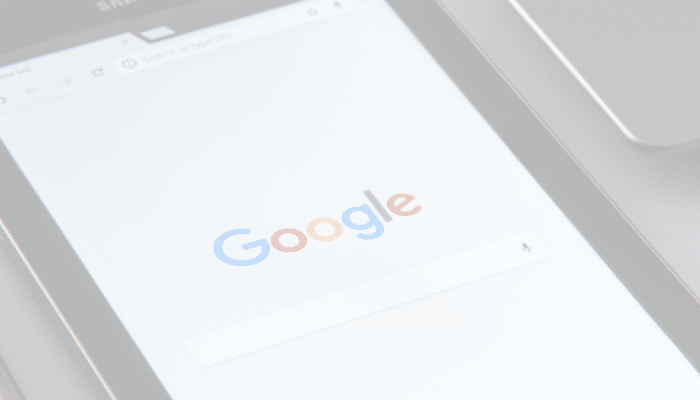If you own a business or work in a marketing department, you’ve likely heard these terms: on-page SEO and off-page SEO. While I’ve been working in SEO (Search Engine Optimization) since 2009, these two terms have actually brought a little clarity to a confusing subject.
Ideally, it would be best to reach the benchmarks set below for your website. We understand that sometimes it’s not possible (or feasible, depending on the project). However, the more effort you put into both on-page and off-page SEO, the better chance your website will start climbing in the search results.
“Content is King, but SEO is the Kingdom” – Neil Patel
We know that results are usually not immediate, so consistent content quality is a must. Write content that is relevant to your target market, link those pages to each other, and voila: you’re on your way!
What is On-page SEO?
On-page SEO is a process of optimizing individual web pages in order to rank higher and earn more relevant traffic in search engines. It involves optimizing content and HTML source code of a page to make it more search engine friendly. On-page factors include keyword/phrase optimization, meta tags, titles, descriptions, headings, and internal links.
- Make sure to include relevant keywords throughout your page’s content, titles, and meta titles and descriptions.
- Optimize page loading speed by compressing (reducing file size) of images.
- Utilize a SEO-friendly URL structure and include keywords for each page.
- Create internal links to other relevant pages on your website.
- Include external links to authoritative sites to improve your credibility.
- Use header tags to structure your content and make it easier to read.
- Make sure your page is mobile-friendly and responsive.
What is Off-page SEO?
Off-page SEO refers to techniques used to improve a website’s rankings in search engine results pages (SERPs). This includes activities such as link building, content marketing, and social media marketing. Link building involves creating backlinks from other websites to yours. Content marketing involves creating content that is optimized for search engines, such as blog posts, articles, and videos. Social media marketing involves creating content that is optimized for social media, such as posts, images, and videos.
We know you don’t mean it, but here are some ways to hurt your search engine ranking:
Poor on-page optimization (such as incorrect use of keywords, missing meta tags, and duplicate content) can effect your ranking.
Also, slow loading times, a lack of internal links, an excessive number of external links, low quality content, and a lack of mobile friendliness.
In addition, a website may be penalized by search engines for engaging in black hat SEO tactics, such as using link farms, keyword stuffing, and cloaking.
If you plan and build your site correctly from the beginning to incorporate the on-page tips above, it’s a good start. At TOVO, we’ve got a SEO consultant on staff (me!) and I work with our design and development team to incorporate good page and content practices from the get-go. If you’re looking for social media marketing management (remember, this is off-page SEO) we can handle that for you too! Send us an email today. We look forward to working with you!
Sources:
- https://www.searchenginejournal.com/seo-101/on-page-seo/
- https://moz.com/learn/seo/on-page-factors
- https://www.wordstream.com/blog/ws/2018/08/06/on-page-seo-tips
- https://neilpatel.com/blog/off-page-seo/
- https://www.searchenginejournal.com/off-page-seo/315958/
- https://moz.com/beginners-guide-to-seo/off-page-factors
- https://searchengineland.com/guide/what-is-seo

